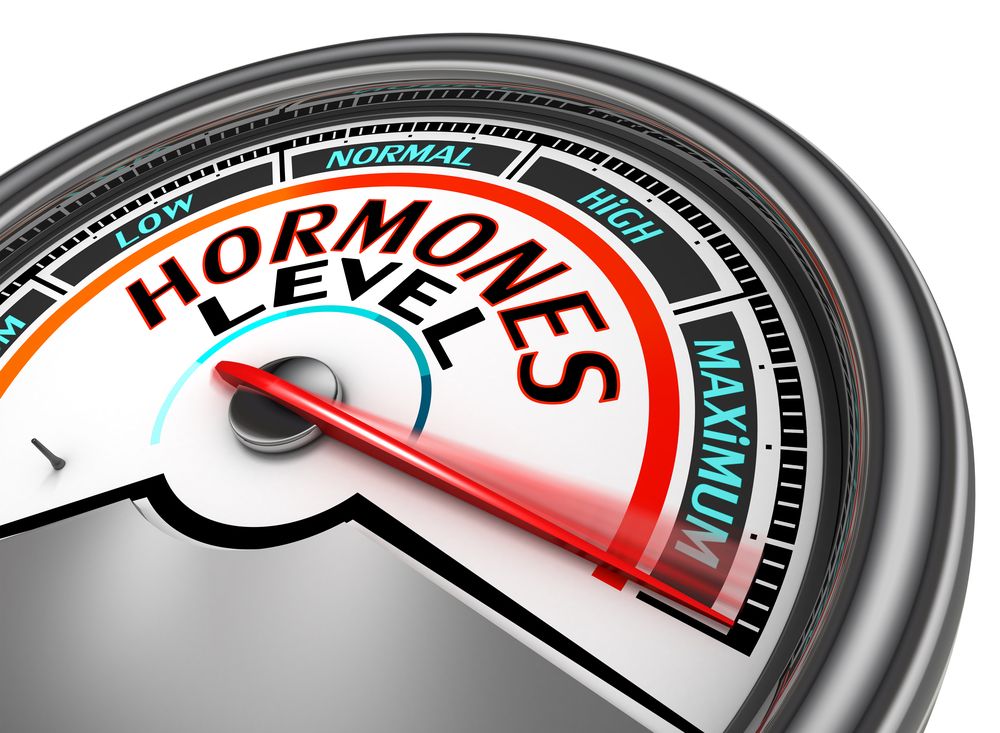Men’s hormones decrease more gradually than in women, but when this happens it may be necessary to fix this hormone deficiency.

Hormone Replacement: Do Men Need It?
This is a very common question and the answer is yes, they do!
However, much of the time men just need to replace the hormone known as testosterone. This is the hormone responsible for the characteristics that differentiate them from women.
Unlike women who have an abrupt drop in their hormonal rate, the reduction of testosterone occurs progressively and slowly in men. There is also no defined age for the beginning of this hormonal decline in men, although many specialists claim that it is during the aging process of men.
For those who don’t know, testosterone is the main male sex hormone. Its function is related to the libido of men, as well as the feeling of well-being, the maintenance of muscle and bone mass and the formation of red blood cells.
Despite the gradual reduction of testosterone, when the production of this hormone drops too much men begin to feel the effects in their daily lives – decreased libido, erectile dysfunction, accumulation of fat in the abdominal area and even depression or mood changes.
Some additional signs that testosterone is decreasing are excessive fatigue, frequent feeling of sadness, loss of vital energy, absence of spontaneous erections in the morning, decrease in muscle mass, hair loss and reduced ability to concentrate.
The absence of testosterone or very low levels of this hormone can cause other problems in the male body. Some of them are anemia, hypertension, high cholesterol, diabetes and obesity.
It is important to emphasize that although these symptoms are very common, they are not always felt by all men. Typically men have only a few of the listed symptoms, which can affect 15% to 20% of individuals over 50 years of age.
How is male hormone replacement performed?
Male hormone replacement consists of increasing testosterone in the blood. This can be done in a few different ways, such as:
– Oral medication: As an alternative to testosterone replacement, there are some oral medications that increase your levels of FSH and LH, the hormones in the brain that ‘tell’ the testes to produce testosterone. This is a good option for those who need to maintain their fertility.
– Injectable: Injectable testosterone is the most favored type of testosterone replacement therapy by our patients. Generally the medication is injected subcutaneously (like an insulin injection) once or twice per week. This is the quickest and easiest way to keep testosterone levels even in the system.
– Gel: Another option is the use of testosterone gel, which is the pure hormone dissolved in a hydroalcoholic base. This may be ideal for those who prefer to avoid injectable medication. It is important to note that with the topical preparation of testosterone, it must be applied daily and should dry on the skin prior to getting dressed.
– Implants: Bioidentical testosterone male hormone replacement through pellet implants are an option for those who are not willing to apply gel daily or are not willing to undergo subcutaneous injections. In this case, eight to twelve pellets are implanted at once which will release the hormone in the body for about 3 to 6 months.
You and your provider will discuss the ideal route for testosterone replacement based on your goals and lifestyle. If you’d like to get started with treatment or have any questions, please click here and reach out to us via the contact form!
